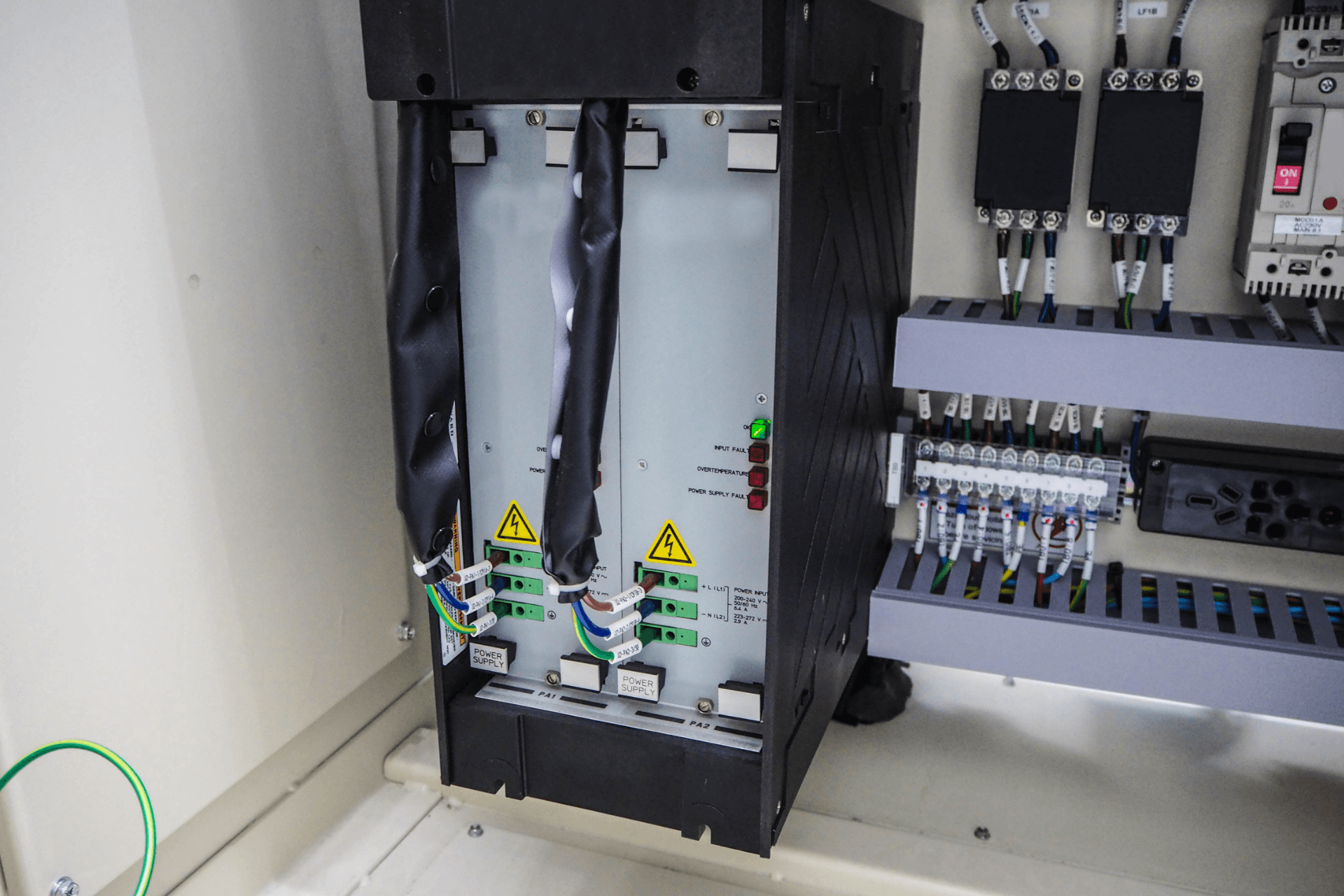What is the Difference Between DCS and PLC?
May 8, 2022

DCS stands for Distributed Control System. It is a system that uses computers to control and regulate the industrial processes.
PLC stands for Programmable Logic Controller. It is a computer-based system that controls and regulates industrial processes by executing instructions stored in its memory.
The difference between DCS and PLC is that DCS can be used to control multiple machines at the same time whereas PLC can only control one machine at a time. For more info, learn more about HMI SCADA.
You might also like

What are alarms used for? It plays a vital role in ensuring safety, efficiency, and operational excellence in many industries. These alarms are designed to alert personnel about critical issues within industrial processes, allowing for quick responses to prevent downtime or accidents. In this article, we will explore various aspects of alarm management systems and how they are crucial for process control and safety.

What are alarms used for? Alarms are a vital part of SCADA (Supervisory Control and Data Acquisition) systems, helping operators to monitor, manage, and respond to different operational conditions. They are designed to alert operators when certain conditions fall outside normal parameters, ensuring the safety, efficiency, and reliability of industrial processes. In this article, we will explore what are alarms in SCADA system , their types, their management, and the standards that govern their implementation.

When you hear the term "state of alarm," you might imagine a loud sound warning of an emergency, or perhaps an urgent message signaling a need for immediate attention. But in certain fields, particularly in the realm of control systems like SCADA (Supervisory Control and Data Acquisition), What are alarms used for? a state of alarm holds a much more specific meaning. This condition is crucial in alarm management and safety systems. A state of alarm typically refers to a scenario where an anomaly or abnormal condition has been detected in a system that requires immediate corrective action. The concept of alarm management plays a pivotal role in maintaining operational safety and efficiency. In this context, understanding the different aspects of a state of alarm can help to optimize response times and mitigate risks. Let's dive deeper into the specifics of this state and its role in industrial control systems.
